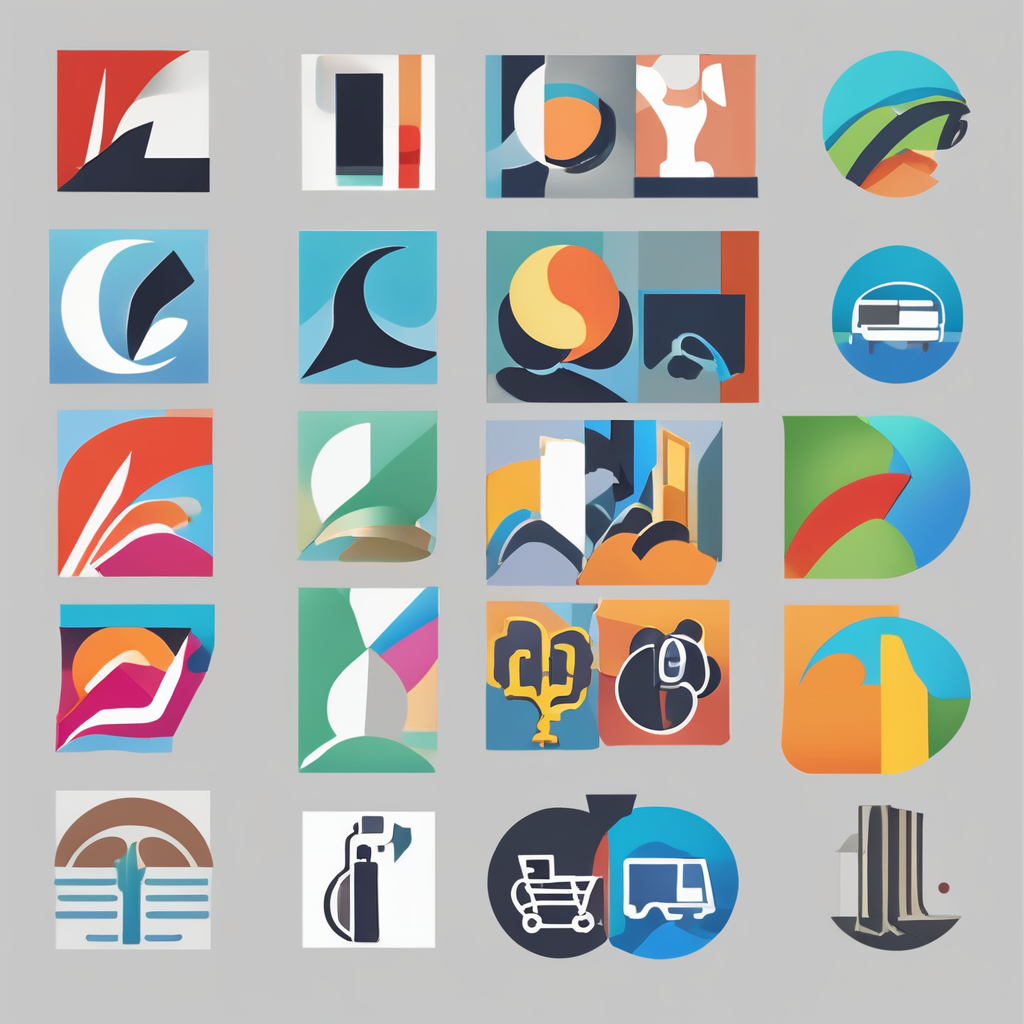Overview of Time Management Apps for ADHD
Time management apps play a crucial role in supporting individuals with ADHD by offering structured tools to enhance organisation and productivity. These productivity tools are designed specifically to cater to the unique needs of ADHD users, providing features that help manage time more effectively.
Popular ADHD support apps like Todoist and Focus@Will offer functionalities tailored to aid focus and task completion. Todoist, for example, enables users to create task lists categorised by priority, keeping them on track with deadlines. Focus@Will utilises music therapy to improve concentration, proving especially beneficial for those with attention challenges.
Also read : Comprehensive support: london eating disorder counsellors guide
Beyond simple reminders, time management apps for ADHD integrate features that break tasks into manageable chunks, include notifications for consistent follow-through, and offer visual timers to maintain engagement with tasks. In this way, they provide a dual benefit: enhancing focus improvement and increasing overall productivity.
These apps often include interactive elements, such as gamified rewards, encouraging continued usage and making task management less daunting. This element can significantly impact motivation levels, demonstrating the importance of finding an app that resonates personally. Selecting the right app involves assessing specific tools and features that best address personal productivity barriers, ensuring a customised approach to managing ADHD symptoms efficiently.
In the same genre : Unlocking brain power: the impact of optimal hydration on cognitive function and aging
Impact of Time Management Apps on Focus and Productivity
Time management apps can make a noticeable difference in focus improvement and productivity increase for individuals with ADHD. Research highlights how these tools offer structured methods to enhance concentration. In particular, apps designed with ADHD strategies help users streamline tasks, thereby mitigating the impact of attention challenges.
Case studies demonstrate that users often experience significant improvements in task completion and focus. For instance, one study found that ADHD users could enhance their task accuracy by integrating simple reminders and task segmentation features offered by these apps. Testimonials from individuals reveal that using these apps fosters a sense of accomplishment and enables better time management.
Specific functionalities in apps contribute significantly to aiding focus. Visual timers and audio cues are among the most effective features, as they encourage persistence and task follow-through. Gamified elements add motivation by rewarding users for completing tasks.
Overall, leveraging time management apps offers a dual benefit: providing ADHD users with ADHD strategies that tackle day-to-day focus challenges while simultaneously increasing productivity levels. Such tools are indispensable in creating structured environments, helping users achieve their goals efficiently, thus supporting a more balanced lifestyle.
Expert Opinions on ADHD and Productivity
Exploring the intersection between ADHD productivity and technology, experts highlight how time management apps significantly aid those with attention difficulties. Psychologists and ADHD specialists assert that these tools serve as vital supports, employing finely tuned features that echo behavioural strategies designed for attention enhancement. By consistently using productivity apps, individuals with ADHD can see marked improvements in task completion and focus manageability.
The integration of behavioral strategies with app functionalities allows users to cultivate a structured routine. This coupling is crucial, as it addresses not only the digital aspect but aligns with psychological principles aimed at improving organisation and attention span. Consulting with specialists to personalise these technology aids can lead to a deeper understanding of one’s productivity patterns, enhancing overall effectiveness.
Moreover, expert insights underline the importance of personalized approaches to app selection and use, suggesting that an informed choice about app features tailored to individual needs can amplify productivity gains. Recognising each person’s unique challenges is essential, as this ensures that tools not only meet general ADHD support criteria but also align closely with personal productivity objectives.
Tips for Using Time Management Apps Effectively
Successfully integrating time management apps into daily routines can be transformative for individuals with ADHD. To maximise benefits, it is essential to adopt certain productivity hacks and time management strategies.
Prioritising specific recommended settings and features can significantly enhance usability. Opt for apps with customisable alerts and visual cues, such as ticking timers or vibrating reminders. These tools reinforce engagement and help maintain focus on tasks.
When tackling tasks, breaking them into smaller, manageable chunks is advisable. This not only reduces overwhelm but also aligns with ADHD-friendly practices that boost productivity. Regularly reviewing and adjusting task lists ensures that priorities are aligned with daily goals.
To overcome common challenges, consider these strategies:
- Initiate a dedicated time for daily app interaction to establish consistency.
- Encourage small victories by setting micro-goals, celebrating each completed task.
- Leverage visually engaging elements within apps to maintain motivation.
Remember, the most effective apps are those that adapt to your unique needs. By assessing personal barriers and customising features, you can cultivate routines that enhance your overall productivity levels while effectively managing ADHD symptoms.
Research on App Usage and ADHD Outcomes
Time management apps tailored for ADHD users demonstrate significant app effectiveness in managing symptoms, as evidenced by numerous studies. For instance, research highlights improvements in focus and organisation through structured app use. These findings are crucial, showing that sustained interaction with apps enhances users’ ability to manage daily tasks effectively.
Insights from ADHD research underline the importance of long-term benefits. Consistent app usage not only aids in task completion but also potentially reduces stress by providing a structured approach to time management. This structured methodology aligns closely with ADHD users’ needs, promoting better coping mechanisms for attention challenges.
Looking ahead, future research is likely to delve deeper into specific design features such as adaptive notifications and personalised interfaces, expanding on existing app functionalities. These studies aim to refine the user experience further, enhancing focus and task engagement. Advanced focus studies could lead to apps with dynamic learning capabilities, adapting to users’ changing productivity requirements.
The continuous exploration and enhancement of these apps are integral to developing more efficient tools that address ADHD needs, reinforcing both short-term productivity and long-term management of symptoms.


